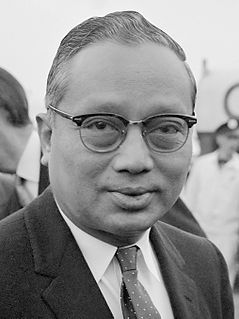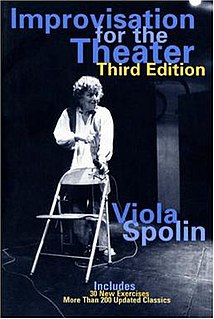A Quote by John Pilger
We are beckoned to see the world through a one-way mirror, as if we are threatened and innocent and the rest of humanity is threatening, or wretched, or expendable. Our memory is struggling to rescue the truth that human rights were not handed down as privileges from a parliament, or a boardroom, or an institution, but that peace is only possible with justice and with information that gives us the power to act justly.
Related Quotes
A human being - what is a human being? Everything and nothing. Through the power of thought it can mirror everything it experiences. Through memory and knowledge it becomes a microcosm, carrying the world within itself. A mirror of things, a mirror of facts. Each human being becomes a little universe within the universe!
World peace is threatened not only by weapons of mass destruction but also by conventional weapons which have led to countless violations of human rights, including the rights to life and to physical integrity. A strong treaty can contribute greatly to international and regional peace, security and stability.
Love without truth is sentimentality; it supports and affirms us but keeps us in denial about our flaws. Truth without love is harshness; it gives us information but in such a way that we cannot really hear it. God's saving love in Christ, however, is marked by both radical truthfulness about who we are and yet also radical, unconditional commitment to us. The merciful commitment strengthens us to see the truth about ourselves and repent. The conviction and repentance moves us to cling to and rest in God's mercy and grace.
The Universal Declaration of Human Rights - This great and inspiring instrument was born of an increased sense of responsibility by the international community for the promotion and protection of man's basic rights and freedoms. The world has come to a clear realization of the fact that freedom, justice and world peace can only be assured through the international promotion and protection of these rights and freedoms.
I want to stress again that human rights are not peripheral to the foreign policy of the United States. Our pursuit of human rights is part of a broad effort to use our great power and our tremendous influence in the service of creating a better world, a world in which human beings can live in peace, in freedom, and with their basic needs adequately met.
There is one thing that the American people always rise to and extend their hand to and that is the truth of justice, and of liberty, and of peace. We have accepted that truth and we are going to led by itand through us the world, out into pastures of quietness and peace such as the world never dreamed of before.
Through spontaneity we are re-formed into ourselves. It creates an explosion that for the moment frees us from handed-down frames of reference, memory choked with old facts and information and undigested theories and techniques of other people's findings. Spontaneity is the moment of personal freedom when we are faced with reality, and see it, explore it and act accordingly. In this reality the bits and pieces of ourselves function as an organic whole. It is the time of discovery, of experiencing, of creative expression.
The way in which we can promote peace, is by promoting sustainable management of our resources, equitable distribution of these resources, and that the only way you can actually do that, is that then you have to have a political, economic system that facilitates that. And then you get into the issues of human rights, justice, economic justice, social justice, and good governance or democratic governance. That's how it ties up.
No matter what someone else has done, it still matters how we treat people. It matters to our humanity that we treat offenders according to standards that we recognize as just. Justice is not revenge - it's deciding for a solution that is oriented towards peace, peace being the harder but more human way of reacting to injury. That is the very basis of the idea of rights.
Memory is a dead thing. Memory is not truth and cannot ever be, because truth is always alive, truth is life; memory is persistence of that which is no more. It is living in ghost world, but it contains us, it is our prison. In fact it is us. Memory creates the knot, the complex called the I and the ego
Family life is too intimate to be preserved by the spirit of justice. It can only be sustained by a spirit of love which goes beyond justice. Justice requires that we carefully weigh rights and privileges and assure that each member of a community receives his due share. Love does not weigh rights and privileges too carefully because it prompts each to bear the burden of the other.

































